Back in the days when I was dying a slow death of boredom by bureaucracy, I would find salvation in books. After a few days of falling down Wikipedia rabbit holes and practicing the hiragana and katakana alphabets over and over again, I had an idea, “Why don’t I email PDFs of books to myself?” And so began my adventures to distant worlds, straight from the metal desk of the damp middle school staff room.
One of the books that completely enveloped me, and remains on the top of my all-time list of favorites, is The Lessons of History by Will Durant. On the death of civilization, he wrote:
But do civilizations die? Again, not quite. Greek civilization is not really dead; only its frame is gone and its habitat has changed and spread; it survives in the memory of the race, and in such abundance that no one life, however full and long, could absorb it all. Homer has more readers now than in his own day and land. The Greek poets and philosophers are in every library and college; at this moment Plato is being studied by a hundred thousand discoverers of the "dear delight" of philosophy overspreading life with understanding thought. This selective survival of creative minds is the most real and beneficent of immortalities.
These grand topics gripped my interest so intensely back then. I remember reading and loving A History of the American People, the Prophet, A Book of Five Rings, Another Kyoto, and many more just like these. My interest in these topics certainly originated from my (perhaps arrogant) refusal to accept my place in the bureaucracy like a cog in a machine. It also came from a need to feel productive; to be learning something. Most of all, I loved these books for helping me understand our collective heritage and where I came from — which in turned helped me understand who I am today. I am beginning to know where to direct my efforts for tomorrow.
In the last chapter of the book, titled “Is Progress Real?”, Durant speaks on what the lessons of history have to teach us about that “tomorrow”:
The heritage that we can now more fully transmit is richer than ever before. It is richer than that of Pericles, for it includes all the Greek flowering that followed him; richer than Leonardo's, for it includes him and the Italian Renaissance; richer than Voltaire's, for it embraces all the French Enlightenment and its ecumenical dissemination. If progress is real despite our whining, it is not because we are born any healthier, better, or wiser than infants were in the past, but because we are born to a richer heritage, born on a higher level of that pedestal which the accumulation of knowledge and art raises as the ground and support of our being. The heritage rises, and man rises in proportion as he receives it.
History is, above all else, the creation and recording of that heritage; progress is its increasing abundance, preservation, transmission, and use. To those of us who study history not merely as a warning reminder of man's follies and crimes, but also as an encouraging remembrance of generative souls, the past ceases to be a depressing chamber of horrors; it becomes a celestial city, a spacious country of the mind, wherein a thousand saints, statesmen, inventors, scientists, poets, artists, musicians, lovers, and philosophers still live and speak, teach and carve and sing. The historian will not mourn because he can see no meaning in human existence except that which man puts into it; let it be our pride that we ourselves may put meaning into our lives, and sometimes a significance that transcends death. If a man is fortunate he will, before he dies, gather up as much as he can of his civilized heritage and transmit it to his children. And to his final breath he will be grateful for this inexhaustible legacy, knowing that it is our nourishing mother and our lasting life.
Aside from Durant’s matchless prose, I found this message encouraging to the verge of tears. I would never dare to assume that my humble house in the middle of small town Japan could ever exemplify Durant’s vision. But if not for all of human heritage, I hope that I can raise this building out of the dust at least for myself. And if I am lucky, then perhaps for the extended nieces and nephews in my family and for my posterity.
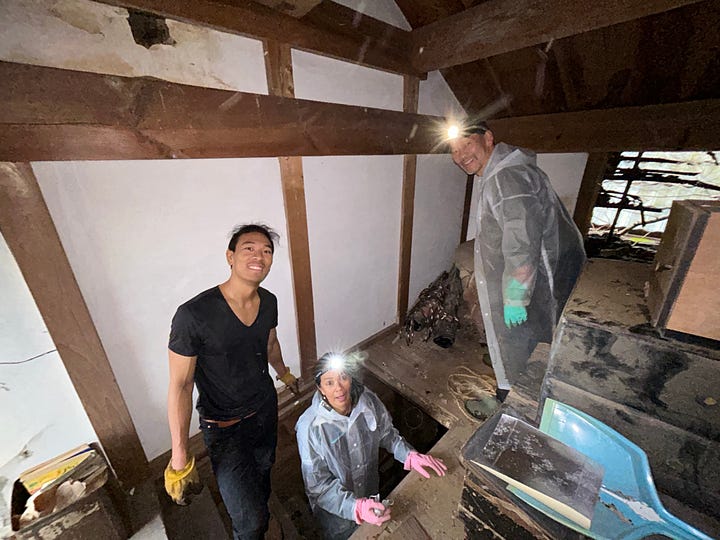
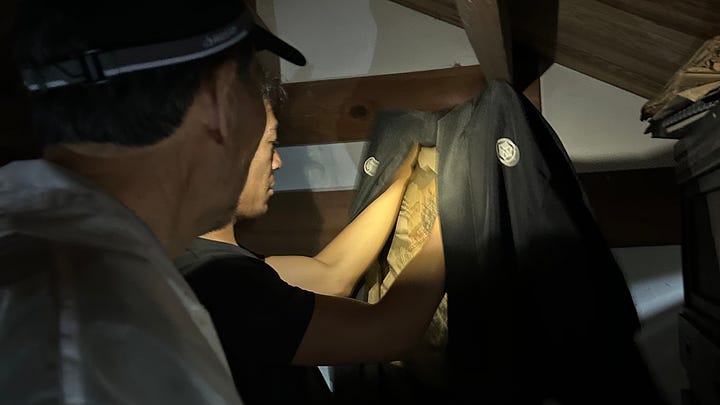

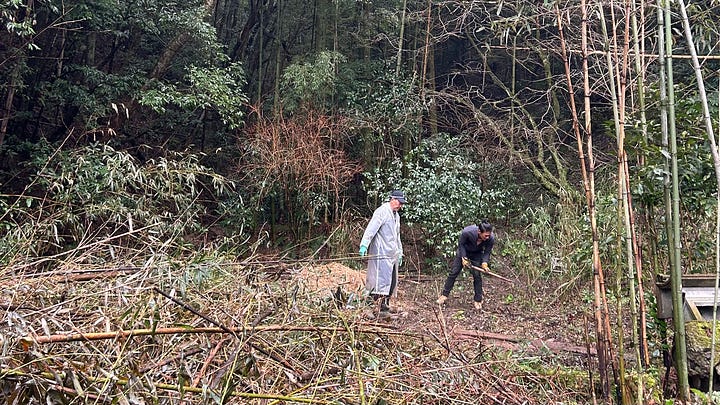
Books Mentioned In This Episode:
When you purchase a book with the links below, you support me and the podcast at no extra cost to you:
Links to More Resources:



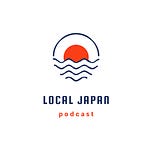


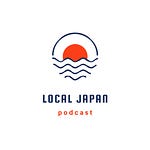
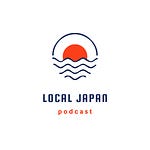
Share this post